If Bawumia wins tomorrow’s election
In my conversations with some Ghanaians, particularly members of the opposition National Democratic Congress (NDC), one statement has often come up repeatedly: “There is no way Bawumia and the New Patriotic Party (NPP) can win this election unless they rig it.”
From where I sit, it is difficult to rig elections in Ghana. Our electoral system is one of the most transparent processes in the world. Despite the challenges and inefficiencies encountered in recent times, I followed the admirable transparency in the printing and distribution of the ballot papers. I also know how transparent the process is on Election Day. Rigging in the magnitude that can alter the people’s mandate rigging is, however, possible with the extreme carelessness of the opposing parties or in connivance with the opponents’ agents. If a party is not as careless as the NDC was in 2016 and 2020—unable to police and account for its votes—rigging without detection is almost impossible.
I worked as a polling assistant for the Electoral Commission in the 2004 election, and as a journalist, I covered the 2008, 2012, and 2016 elections. From my experience, it is easier for the district election director or the EC’s polling station officials to influence the outcome of an election than the EC chairperson in Accra or at the regional headquarters. If a party is vigilant and its agents don’t compromise, especially in their opponent’s stronghold, any such manipulation will be detected.
Whether glaring evidence of manipulation would be glaring enough in a court that ignored the glaring significance of the birth certificate in an election-related case is another matter. But our elections are difficult to rig unless the victims of the rigging go to sleep.
So, in the absence of rigging, can Dr. Bawumia and the NPP win the 2024 election?
It is possible.
In this first of a two-part series I’m publishing today, I examine the strengths and weaknesses of the NPP and its presidential candidate in tomorrow’s election. I will then give the general verdict on the probability of victory for the NPP. (I will publish a similar one on John Mahama and the NDC).
Strengths of Bawumia and the NPP:
1. Bawumia’s Hard Work: Our elders say even if you cannot stand the ugliness of the warthog, you must not fail to acknowledge its speed. Dr Bawumia has proven since declaring his intention for the flagbearer race that he is not a lazy man. Very few presidential candidates have worked as hard as he has. And we cannot discount hard work. It’s not for nothing that Ronaldo won five Ballon d'Ors while Messi was in his prime. The universe rewards hard work even when the odds favour someone else. The Bawumia campaign has also been more organised and effective than that of the opposition NDC. It has had different arrowheads--Bawumia, his wife Samira and the running mate, Dr. Matthew Opoku Prempeh.
2. Free SHS: Few administrations have been more deceptive than the Akufo-Addo government. For instance, the government is skilled at lying with wild figures and exaggerating its impact but is reluctant to talk about its interventions that are easiest to track in numbers—the “one this, one that” promises it made to Ghanaians. Why? It is very easy to verify if Kete-Krachi or Bongo districts have factors that are employing thousands or whether my Akayonga village in Bongo Beo has a dam that supports dry season farming. However, the government has been forthright in the implementation of Free SHS. And Free SHS may well be the only benefit enjoyed by many people in rural Ghana who are too far to reach until there is an election.
3. Modesty and Humility: In previous elections, civil society groups in Ghana often bemoaned the abuse of incumbency. Bawumia’s decision to campaign with a bus and his general modest disposition endear him to those who encounter him. His humility is genuine, and that can sway the hearts of some who would otherwise not look his way. It is impossible to say Bawumia has not taken advantage of incumbency in his campaign through power and resources, it wasn’t as brazen as we witnessed in previous elections. He managed the optics well.
4. Incumbency Advantage: Being an incumbent candidate gives you more resources than the opposition candidate. It earns you more endorsement from chiefs from your main opponent’s home turf, who would otherwise have been hostile to you. Your party can share more goodies with voters than the opposition. And the machinery of the state can also be deployed to the advantage of the governing party. These and many other advantages of incumbency favour Bawumia against his opponents.
5. A Fresh Face: Dr. Bawumia’s contender, John Mahama, has been president before. And no truthful Ghanaian would say Mahama’s presidency was what we desired. In this election, Mahama is a saint overqualified for canonisation only because Akufo-Addo has sunk to indescribable depths. Bawumia is a fresh face on the ballot paper. He is tainted with the sins of the administration to which he belongs, but the truth remains that he cannot be judged with the standards of a president. His presidency could be worse or better than Mahama’s, but we cannot tell now. So, he enjoys the benefit of the doubt.
6. The “First” Factor: Dr. Bawumia is the first Muslim in the Fourth Republic to lead a winnable party. He is also the first non-Twi-speaking Akan to lead the NPP. That brings some exciting prospects, even if the significance is limited.
Odds Against Bawumia’s Victory
1. The Economy: Dr. Bawumia and the NPP have tried to debate the NDC on the economy, but that was unnecessary. When the poster boy of the NPP’s economic management abandoned his area of expertise to seek refuge in digitalization, it signalled a concession of defeat. That ended the debate. Some have argued that Bawumia was not in charge of the economic management and should not bear the brunt of its failure. That may be true only to an extent. I have said before that the only position that may be more frustrating than that of the vice president is the job of a horny cameraman filming pornography. With Akufo-Addo’s blood relation as powerful Ken Ofori-Atta in control, Bawumia’s ideas could only be mere suggestions. However, if the economy had been good, Bawumia would have taken credit for it. So, it’s fair to suffer the collateral damage of its failure. He cannot enjoy the goodwill of Free SHS and not carry the burden of the tattered economy.
2. Victims of Debt Poor Economy: There is a mentality in this country that what belongs to the government belongs to nobody. For this reason, a politician and the government can steal millions and get rewarded by voters. However, a voter whose savings or investment was touched by the government in the debt restructuring may vote angrily. The investors who still go to Databank and are told that if they want to withdraw their 30,000 cedis, they will have to forfeit about 10,000 cedis or wait until about 2026 should not be expected to vote for the NPP. The bondholders and pensioners who got “head cuts” when the government assured them they would not be “hair cuts” will be justified if they vote for the NDC or do not vote at all if they are the kind who have made blood covenants with their ethnic and other affiliation to their parties.
3. The Curse of the Trend: Since 1992, no political party has gone past eight years in office. And this administration has not done what it takes to break this trend. Besides, no entrant to the presidential race since 1992 has gone on to win the election at his first attempt under normal circumstances. Kufuor lost in 1996 before winning in 2000. Atta Mills lost in 2000 and 2004 before winning in 2008. Akufo-Addo lost in 2008 and 2012 before winning in 2016. The outliers have been Rawlings, who was already a larger-than-life military ruler before he contested the 1992 election, and John Mahama, who campaigned in a funeral cloth after the death of sitting President Mills garnered sympathy for the NDC in the 2012 election. If these trends are anything to go by, Bawumia’s chance of winning in 2024 is slimmer than the NPP’s victory probability in Ketu-South.
4. The Akufo-Addo Tag: In 2000, the NPP campaigned with the slogan: “Vote for Atta Mills and Get Rawlings Free.” Did it work? Yes. Did Rawlings have his way when Atta Mills eventually won? No. Atta Mills was different from Rawlings. But voters who are fed up with Akufo-Addo and his family and friends’ government see Bawumia as his shield. Even during the internal contest, Bawumia’s opponents in the NPP said he would continue with the Akufo-Addo legacy.
5. Corruption and Scandals: This government could not fulfil its promise to provide one village, district, or constituency with the one thing or the other it promised. But at a point, it succeeded in implementing a “One Day, One Scandal” policy. The corruption this government has witnessed does not inspire any hope for continuation. We cannot upgrade this mess. We need a reset. The question is the right person to handle the resetting. Bawumia has not been strong on how he intends to deal with the corruption. His promise to use digitalisation to fight corruption is not convincing enough. I’m well-schooled in how digitalisation can be used to curb corruption. But I am also aware that digitalization can be used as a tool to perpetuate corruption through shady procurements.
If Bawumia or Mahama wins, they must relook at how digital solutions available on the market become sacred cows for politicians and their cronies to milk the state. We paid over one billion cedis to SML to fix metres whose readings the GRA did not use to calculate taxes. The company and GRA said SML also scanned the waybills that GRA officials had generated. The stupidest person in government knows that even SHS graduates can be trained to scan and archive those documents. Still, for some strange reason, the government had to outsource that to another company. Some of the digital solutions being portrayed as though they were rocket science could be deployed by state entities without third-party companies.
6. Incumbency Curse: All other sins of the government will be visited on the flagbearer of the governing party. So, incumbency advantage comes with an incumbency curse.
What Would a Bawumia and NPP Victory Mean?
For the conclusion, let me quote from Page 378 of my book, “The President Ghana Never Got.”
“…Bawumia would not be a fool to cede power to those who disregarded him when he played second fiddle in the administration. Having the courage to depart from some of Akufo-Addo’s policies indicates that Bawumia will be his own man. But the election won’t only be about the two individuals leading the two major political parties. An NPP victory in 2024 will be harmful to Ghana’s democracy. If a government can mess us the way Akufo-Addo’s administration did and still be rewarded with another term in office, then impunity would be crowned, and there would not be anything to deter politicians in power.
“Besides, some semblance of accountability in most parts of Africa and weak democracies worldwide is only possible when the governing party leaves office. Even though Ghanaians cannot be sure whether Mahama would prosecute those who have plundered the nation in the past eight years, one can trust some semblance of accountability from a Mahama presidency than that of Bawumia. Even if Bawumia is a better candidate than Mahama, the circumstances do not favour a Bawumia victory.”
Coming Up Shortly: “If Mahama wins tomorrow’s election.”




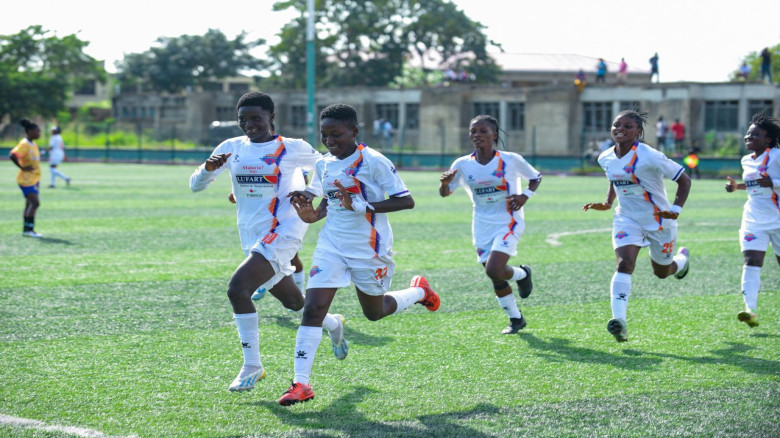
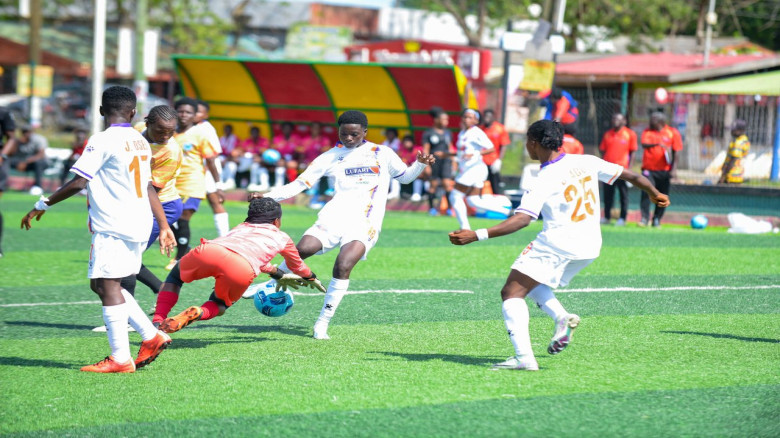
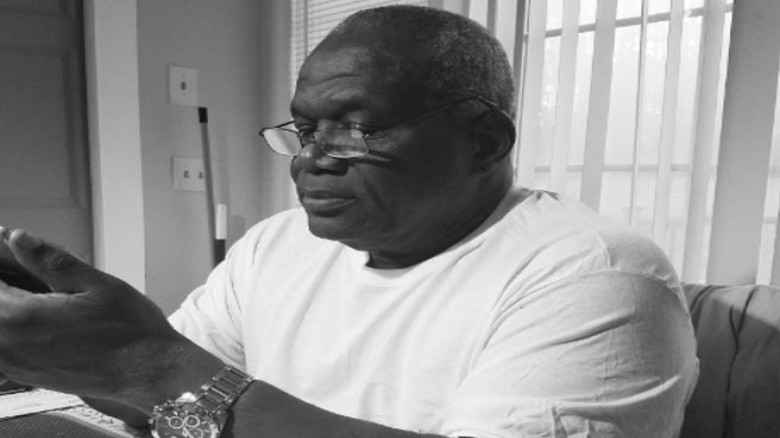
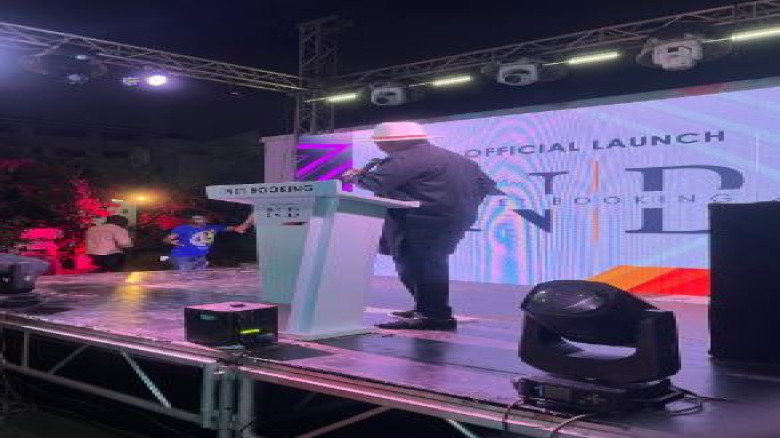
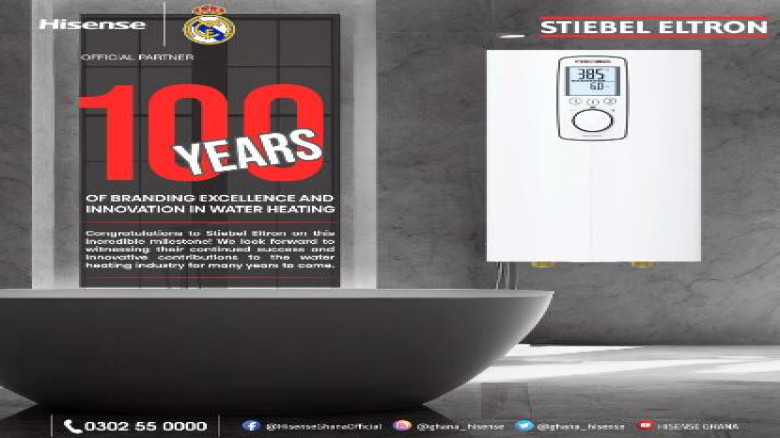

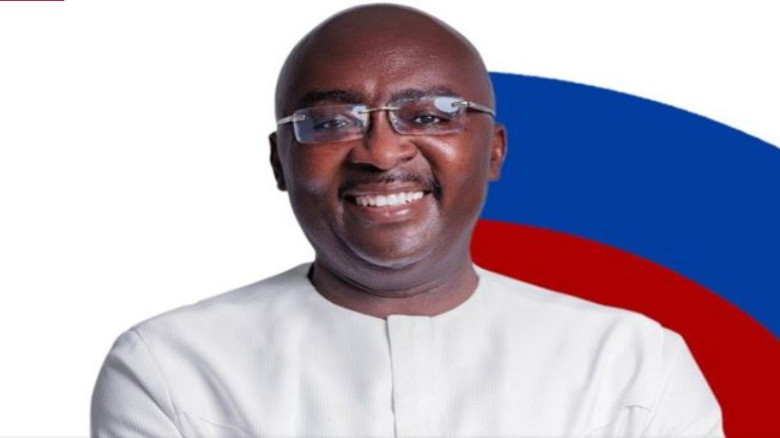
Leave A Comment